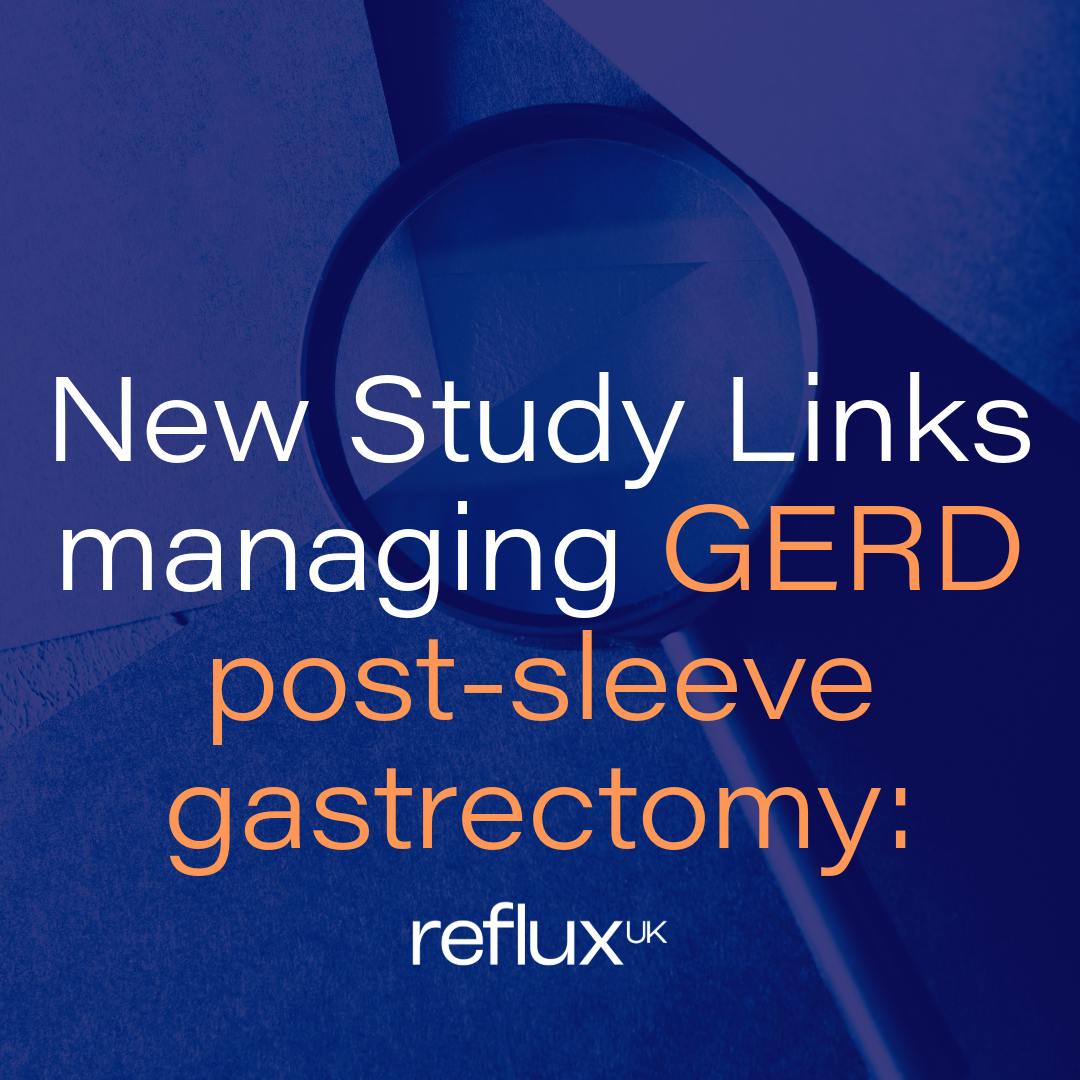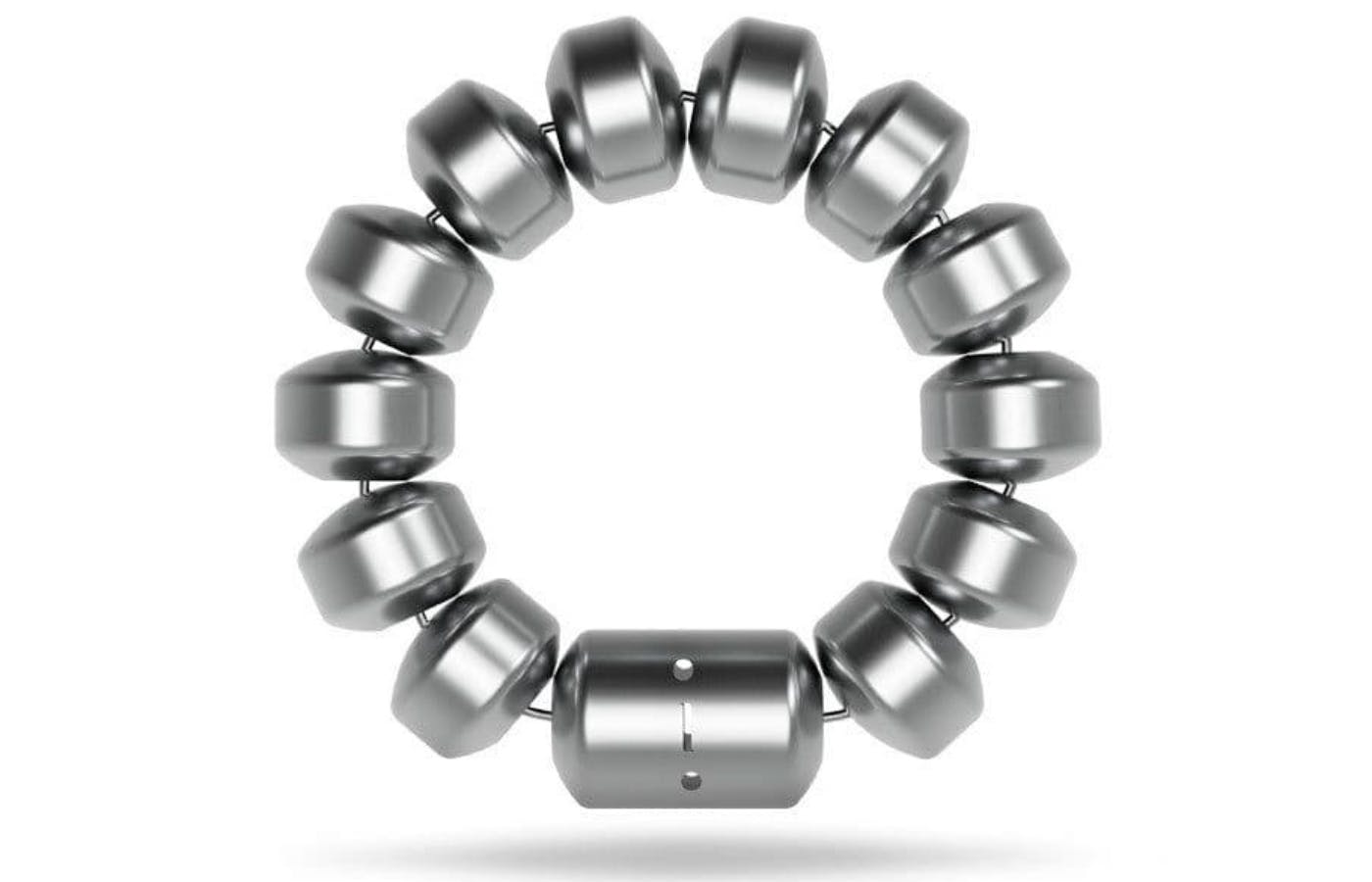GERD post-sleeve gastrectomy

We regularly post blogs on a range of subjects related to reflux. You can use the links below to find blogs on the aspect of reflux you are interested. Please give us your feedback on them so we can make sure they continue to be relevant and of interest.











